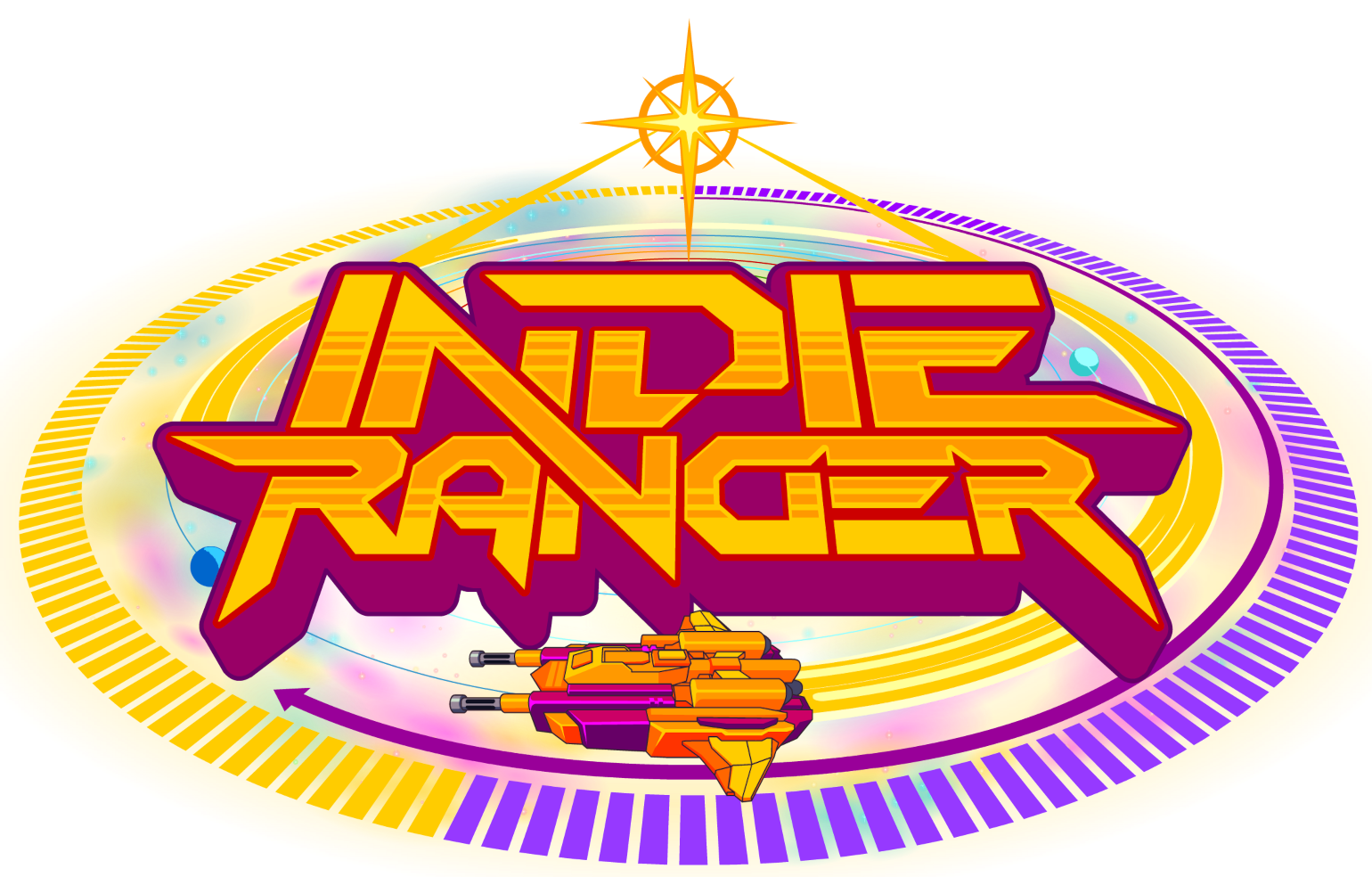For any number of reasons, big developers and publishers move on from franchises, even when fans aren’t satisfied, or a story isn’t finished. Even if a series is alive and well, sometimes gamers want a little bit more of that same experience to fill in the gap between releases. Luckily, the recent spring of the indie scene has generated enough titles to satisfy both camps. While many miss the mark, some indie devs have been able to emulate, or even surpass some terrific games successfully. Here are the 10 indie games that best matched their source material:
10: Hard West (XCOM)
Hard West felt enough like XCOM that a veteran of the original tactical game would be able to feel right at home in this indie homage. An interesting western style that twisted into something all its own gave something to keep playing for. While it wasn’t as impressive, Hard West did a great job of giving an XCOM-like experience.
9: Rivals of Aether (Super Smash Bros.)
With how ridiculously popular Nintendo’s Super Smash Bros. series has been, it was only a matter of time until someone tried to emulate their formula. While Rivals of Aether doesn’t offer the same sampler of gaming history with its roster, it still provides a solid rendition of Super Smash’s iconic and underrepresented platform fighting. It doesn’t hold a candle to the flagship series, but for those on non-Nintendo platforms, nothing else comes as close.
8: Terraria (Minecraft)
Terraria is a rare case, where an indie game emulates another indie game. Based off of the hugely popular Minecraft, Terraria tasks the player to craft, build and survive in a 2D space. While it does plenty to separate itself and make a name for itself, there’s no denying where this masterpiece got its core idea.
7: Hat in Time (Banjo Kazooie/Super Mario Sunshine)
The 3D platformer mysteriously died off after its glory days on the N64 and Gamecube. A Hat in Time aimed to replicate the heavy hitters of the time. With great controls, tons of collectibles, great level design and an endearing world of characters, it captured everything that made those games in the early days of 3D gaming so much fun.
6: Shovel Knight (Mario/Mega Man/Castlevania)
Shovel Knight was intended to be a love letter to several classic games of the 8-bit era and did so with flying colors. By copying some of the best features from different franchises and integrating some modern mechanics to make it a clean experience, Yacht Club Games made one of the best platformers of all-time.
5: Axiom Verge (Super Metroid)
When Nintendo put 2-D Metroid on ice for over a decade, Thomas Happ decided to take matters into his own hands by making the spiritual successor to Super Metroid fans had been clamoring for. While there were a few elements that kept the title from reaching the heights of the SNES classic, there are very few games that have ever come this close.
4: Bloodstained: Curse of the Moon (Castlevania)
Konami had all but ignored Castlevania (except for a mobile game). But through Kickstarter, a successor was born, Bloodstained: Ritual of the Night, which is supposed to copy the formula from SNES-era Castlevania coming out in 2019. Curse of the Moon was a spin-off game created by Inti Creates as a Kickstarter stretch goal, aiming to feel like the original NES games instead. It nails it perfectly, while still providing innovations to make the game feel modern and playable to a broader audience.
3: Blossom Tales: The Sleeping King (Legend of Zelda)
It’s strange that after all these years of being lauded as a classic series, that more games haven’t tried to replicate The Legend of Zelda formula. What’s even more surprising is that Castle Pixel’s Blossom Tales: The Sleeping King almost went unnoticed, while being a terrific reimagining of A Link to the Past. Blossom Tales didn’t do a ton to push beyond its inspiration’s conventions, but it was still incredibly satisfying to solve puzzles, explore, and run through dungeons with weapons collected along the way.
2: Pillars of Eternity (Fallout/Baldur’s Gate)
While not often seen as an indie, Pillars of Eternity, developed by Obsidian Entertainment, is one of the best recent examples of an indie success story. Emulating the classic isometric RPGs in the past, such as Baldur’s Gate and the original Fallout games, Pillars showed just how successful going back to a neglected genre could be.
1: Stardew Valley (Harvest Moon)
The Harvest Moon series chugged along for years, providing a surprisingly relaxing and fun series of farming and life simulators. When the namesake stayed with Natsume, while the original developers left, one man, Concerned Ape (Eric Barone) developed Stardew Valley another farming and life simulator. However, it went above and beyond the source material. Pushing the amount of customization, exploration and the sheer number of things to do far beyond what Harvest Moon ever provided, it’s safe to say Stardew Valley blew right past the game that inspired it.




